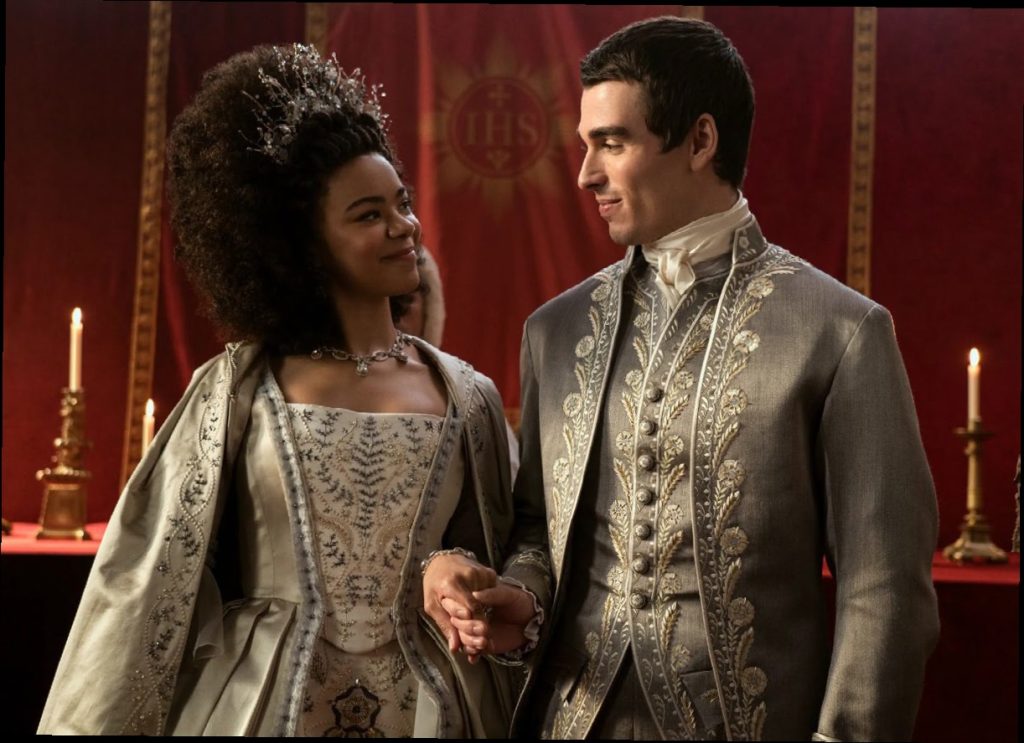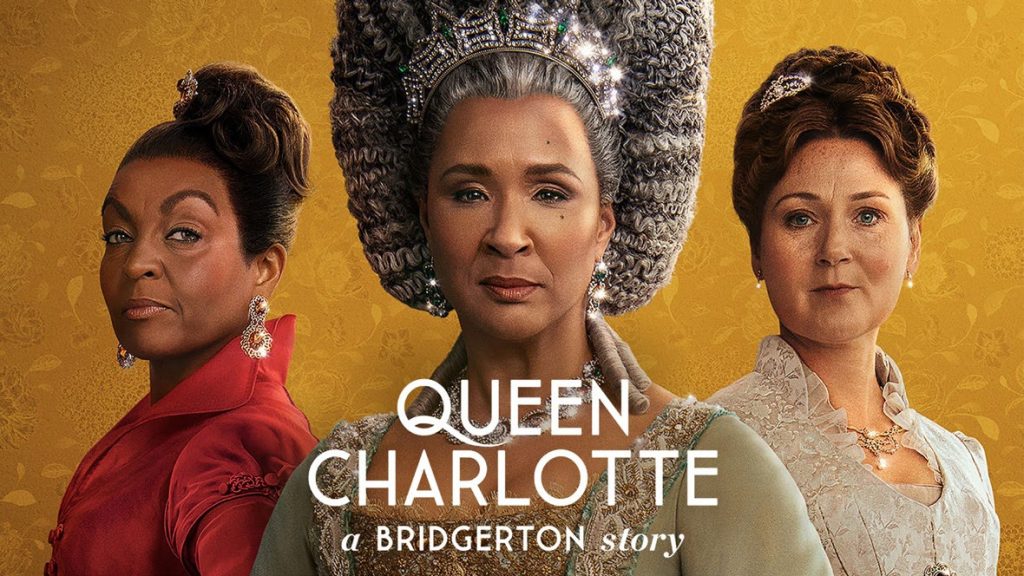Queen Charlotte Appeals To The African Women In Me
Dearest Reader,
It is expedient I write to you about my perspective on the latest Bridgeton Story gifted to us by Netflix. Saddled with the burden of being a hopeless romantic and storyteller, my mind cannot stop thinking about Queen Charlotte. As a fan of romantic stories, I feel disappointed that some people perceive Queen Charlotte as shallow with beguiling taints of racism. I may not be familiar with the technical aspects of producing a quality picture, but I do appreciate a well-written plot, and Queen Charlotte is a limited series that does this really well.
Shonda Rhimes, the limited series’ creator, creatively explores inversely unconventional and unconditional commitment, racism, desire, arranged marriage, societal expectations, responsibility, survival, love, politics, and betrayal.
Haunted by these themes, my mind has wandered around the realities that troubled women and Black people before modernisation and feminism.
Queen Charlotte has historical ties to the British Monarch George III, the first monarch to study science systematically and who, sadly, suffered from mental illness.

History tells us that the British admired King George and Queen Charlotte’s marriage because of their faithfulness. George never took a mistress (in contrast to his grandfather and sons), and neither was it on record that Queen Charlotte had secret lovers. In fact, the couple was said to have enjoyed a happy marriage until the mental illness.
Numerous accounts and articles suggest he suffered from acute mania, a symptom of Porphyria. According to research, he had elevated blood arsenic levels, which is a metabolic blood disorder that might predispose someone to Porphyria.
There are others who believe that he may have been bipolar.
The limited series portrayed the picturesque setting of what I have read about King George III. I also can’t help but think about the reason Queen Charlotte decided to remain in that marriage after learning of his situation. Love and vulnerability must be that powerful.
As I lay face up on my bed, I questioned my ability to love unconditionally and whether I have the emotional capacity to be committed to a partner who might be mentally, financially, spiritually, and emotionally deficient due to circumstances beyond his control. Moreover, I wonder if many single people like me are prepared for the uncertainty of being married. The increasing rate of divorce increases my submission that many of us, including myself, have been too occupied filling our minds with the ‘I burn for you’ emotions of Simon and Daphne and have neglected the reality of the obstacles we may face in marriage. It may be argued that Queen Charlotte had no choice but to stay in the union since she owed it to Germany and the “great experiment” of interracial marriage to do so. Hence, she had to use the lemons she was given to create lemonades.
That might be the case, but it seems to me that she followed her guts and unusual (but strong) convictions. It makes sense that her kids also thought she was insane. While I admire her for her resilience, her actions have left me perplexed about the difference between trusting your convictions about your partner and being at ease in an abusive relationship and having faith in your partner. A relationship expert might be able to answer this appropriately, I suppose.

Furthermore, I love how the series is a full-length backstory of three women:
Queen Charlotte, Lady Danbury, and Violet Bridgeton.
We see women who defy societal expectations in their own way while dealing with the complexities of being dutiful wives and mothers.
The sincerity of Dowager Viscountess Bridgeton’s admission that her ‘garden needed blooming’ reflects the struggles of widowed women who feel scared of admitting their sexual desires. Unfortunately, African society and religious institutions have not done a proper job of creating a balance in educating people about their humanity. As a Christian, I have discovered that it is easy for men who lose their wives to get married or be begged into remarrying after two years.
While for women, several factors ranging from patriarchy to slut-shaming discourage such.

We cannot ignore the doggedness, and wit possessed by Lady Danbury. Those who feel triggered by the theme of racism must not easily forget the peculiarities of social interactions in the Western world before the official abolition of the slave trade. Is that not why the union between King George and Queen Charlotte was referred to as ‘the great experiment’? Why are we being myopic in our view of a story that reflects hard truths many of us are too scared to confront? Some African/Black women can identify with Lady Danbury’s battle to withstand terrible realities, like racism, marriage to a narcissist, or being disappointed by what appears to be a light at the end of the tunnel of love and desire.
In conclusion, I am in awe of how intelligently Shonda weaved fiction with historical facts. To those who have watched it hazily, I hope you rewatch Queen Charlotte with an open mind, read further, and learn the intricacies behind telling a good story.






